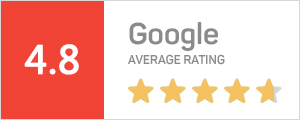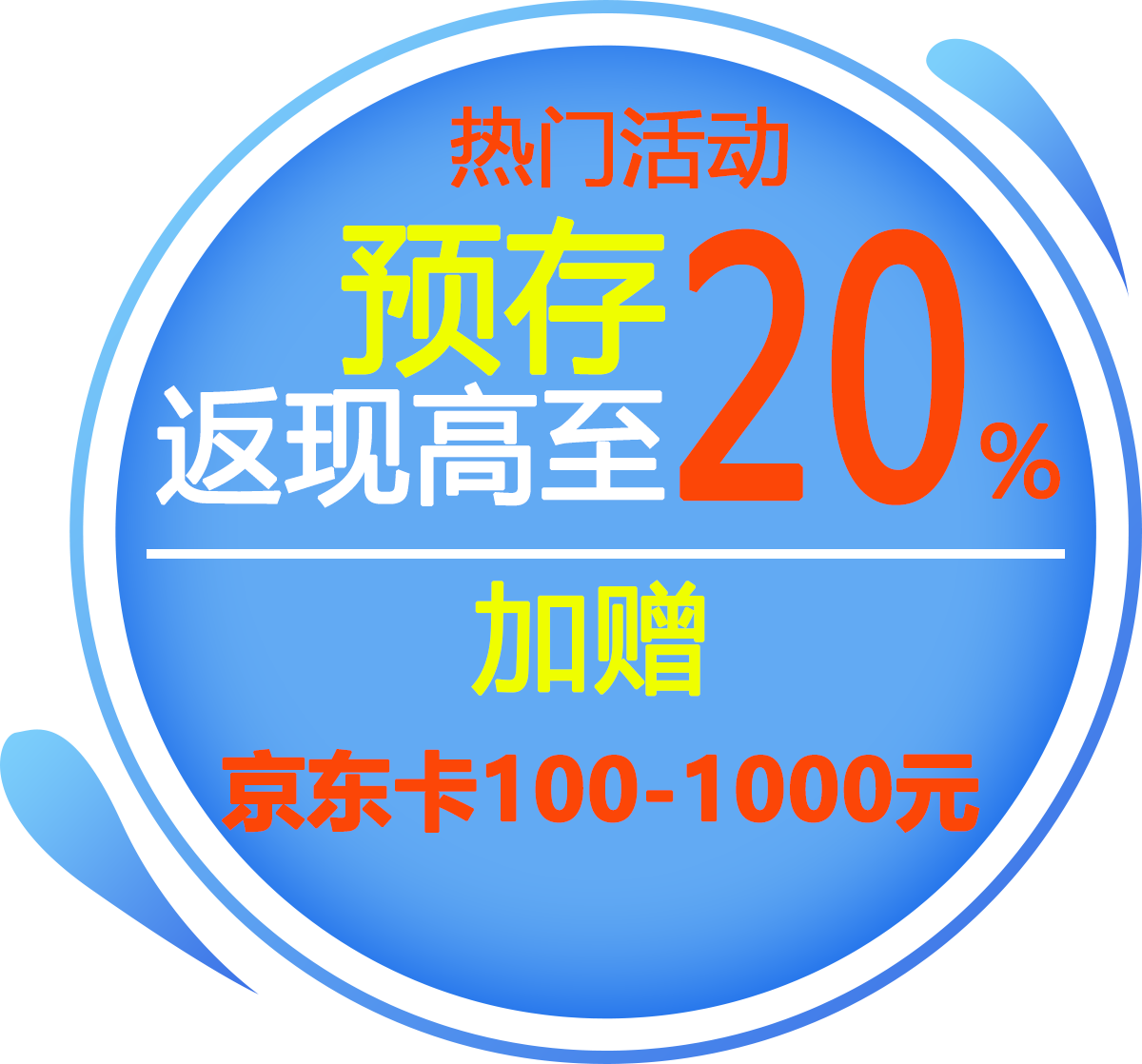2021年最新SCI期刊影响因子查询系统
CHEMOSPHERE 期刊详细信息
基本信息
| 期刊名称 | CHEMOSPHERE CHEMOSPHERE |
|---|---|
| 期刊ISSN | 0045-6535 |
| 期刊官方网站 | http://www.elsevier.com/wps/find/journaldescription.cws_home/362/description |
| 是否OA | 否 |
| 出版商 | Elsevier Ltd |
| 出版周期 | Weekly |
| 始发年份 | 1972 |
| 年文章数 | 2155 |
| 最新影响因子 | 8.943(2021) |
中科院SCI期刊分区
| 大类学科 | 小类学科 | Top | 综述 |
|---|---|---|---|
| 环境科学与生态学2区 | ENVIRONMENTAL SCIENCES 环境科学2区 | 是 | 否 |
CiteScore
| CiteScore排名 | CiteScore | SJR | SNIP | ||
|---|---|---|---|---|---|
| 学科 | 排名 | 百分位 | 5.34 | 1.448 | 1.540 |
| Environmental Science Environmental Engineering |
8 / 117 | 93% |
|||
| Environmental Science Pollution |
11 / 109 | 90% |
|||
| Environmental Science Health, Toxicology and Mutagenesis |
12 / 117 | 90% |
|||
| Environmental Science Environmental Chemistry |
16 / 100 | 84% |
|||
| Chemistry General Chemistry |
36 / 371 | 90% |
|||
补充信息
| 自引率 | 10.50% |
|---|---|
| H-index | 212 |
| SCI收录状况 |
Science Citation Index
Science Citation Index Expanded |
| 官方审稿时间 | |
| 网友分享审稿时间 | 数据统计中,敬请期待。 |
| PubMed Central (PML) | http://www.ncbi.nlm.nih.gov/nlmcatalog?term=0045-6535%5BISSN%5D |
投稿指南
| 期刊投稿网址 | http://ees.elsevier.com/chem/ |
|---|---|
| 收稿范围 | Chemosphere is an international journal designed for the publication of original communications and review articles. As a multidisciplinary journal, Chemosphere offers broad and impactful dissemination of investigations related to all aspects of environmental science and engineering. Chemosphere will publish: • Original communications (research papers) describing important new discoveries or further developments in important fields of investigation related to the environment and human health • Reviews, mainly of new developing areas of environmental science • Discussion papers • Letters to the editor • Short communications • Special themed issues on relevant topics. All papers should demonstrate a high level of novelty, originality and uniqueness. The following sections and subject fields are included: Environmental Chemistry (including Persistent Organic Pollutants and Dioxins) This section will publish manuscripts dealing with fundamental processes in the environment that are related to the behavior, fate and alteration of organic and inorganic contaminants of environmental concern. This sections focuses on the dynamics of contaminants in environmental compartments such as water, soil, sediment, organisms, dust and air their interactions with the biosphere. This section also includes all scientific aspects of persistent organic pollutants (POPs), including exposure studies in the environment and people, toxicology, epidemiologic investigations, risk assessment and processes that generate or attenuate these pollutants. Only studies that are of significance to an international audience, including case studies of particular global interest, or lend themselves to interpretation at the global level should be submitted. Papers on climate change are not considered. Specific topics of interest include: • Emerging contaminants, such as pharmaceuticals, pesticides, flame retardants, other industrial chemicals, POPs, endocrine disruptors, etc. • Trace metals, organometals, metalloids and radionuclides • Environmental fate studies including transport, biodegradation, bio-accumulation and/or deposition, atmospheric (photo)chemical processes, hydrolysis, adsorption/desorption • Transformation and mineralisation of chemicals, e.g. by bio- and photo degradation, redox processes and hydrolysis • Soil and water chemistry focused on interaction, degradation and speciation aspects of environmental contaminants • Novel environmental analytical methods including case studies • Development and application of environmental modelling and quantitative structure-activity relationships to study fate and environmental dynamics • Monitoring studies presenting new strategies, report of novel contaminants, findings or interpretations of general interest for an international readership. • Non-target and suspect screening (e.g. effect-directed analysis) • Marine toxins Toxicology and Risk Assessment The section on Environmental Toxicology and Risk Assessment covers all aspects of toxicology, i.e., the science of adverse effects of chemicals and toxic substances on living organisms including humans, and the scientific assessment of the risk that such adverse effects may occur. Specific topics of interest include: • Adverse effects of chemicals in environmental, aquatic and terrestrial, organisms • Epidemiological studies on effects of chemicals in humans • Biochemical studies related to mechanisms of adverse effects • Toxicokinetics and metabolic studies on chemicals related to adverse effects • Development and validation of testing methods based on living organisms or biological materials • Effects of nanoparticles, nanocomposites and microplastics in the environment • Endocrine disruption • High-throughput screening • Mechanistic toxicology • Fish toxicology • DNA and protein adducts • In vitro assays and omics techniques • Phytotoxicity Treatment and Remediation This section focuses on technologies that manage and/or reduce environmental contaminants, including reuse and recycling processes. The technology must be beyond a basic laboratory study or have obvious implications for current or potential treatment or remediation technologies. As an example, manuscripts focusing on fundamental (bio)adsorption studies or metal extraction by plant species should be submitted to a more suitable journal. The results of studies of a routine nature should not be submitted for review. For example, for oxidation processes, the intermediates and/or the extent of mineralization of the targeted compound(s) and wastes must be quantified in addition to target compound attenuation. Specific topics that are encouraged for publication include: • Advanced water and wastewater treatment processes and sludge management • Remediation (including phytoremediation) employing novel strategies, findings, or interpretations • Hazardous waste – industrial chemicals • Hydraulic fracturing and produced water • Electrochemical methods for water and solids treatment • Nanotechnology • Advanced oxidation processes • Photolysis and photocatalysis • Natural treatment systems (riverbank filtration, aquifer recharge and recovery) • Characterization and fate of natural and effluent organic matter Not considered are studies that focus on the synthesis of new materials to be used in waste water purification or remediation. Studies focusing on the removal of single contaminants are often less competitive for publication in Chemosphere. |
| 收录体裁 | Research Papers, Review Papers, Short Communications, Letters to the Editor, Replies and Discussion Papers |
| 投稿指南 | https://www.elsevier.com/journals/chemosphere/0045-6535/guide-for-authors |
| 投稿模板 | |
| 参考文献格式 | https://www.elsevier.com/journals/chemosphere/0045-6535/guide-for-authors |
| 编辑信息 |








